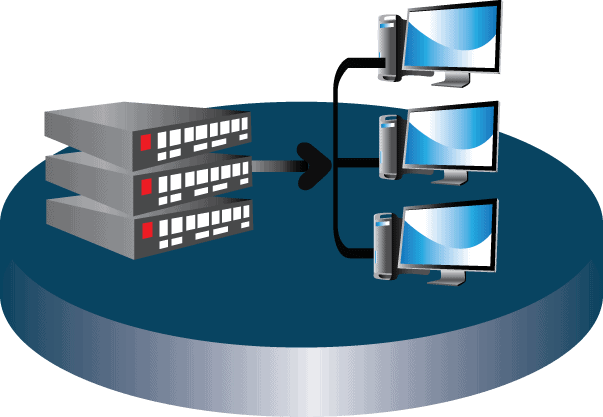Routing
Term Definition of Routing Routing is to schedule the order of a sequence of procedures. Routing is the process of linking or connecting workflow steps. After all of the workflow steps have been created, they need to be linked or connected with the desired routing scheme. Workflow is concerned with the automation of procedures where […]
Term Definition of Routing
Routing is to schedule the order of a sequence of procedures. Routing is the process of linking or connecting workflow steps. After all of the workflow steps have been created, they need to be linked or connected with the desired routing scheme.
Workflow is concerned with the automation of procedures where documents, information or tasks are passed between participants according to a defined set of rules to achieve, or contribute to, an overall business goal. A workflow can be manually organized, however in practice, most workflows are normally organized within the context of an IT system to provide computerized support for the procedural automation. Such systems may be implemented in a variety of ways, use a wide variety of IT and communications infrastructure and operate in various environments.
 How are routing and workflow linked?
How are routing and workflow linked?
In automation, workflows are linked together by routing. To look at a simple example, in a time and billing software system, you have the ability to enter hours worked on a timesheet. Once a user inputs data into the timesheet, the system could route the date to the billing system. The timesheet workflow is linked to the billing workflow by the system’s routing logic. Another example can be found in call centers. When calls come into a call center, routing logic enables calls to route to the next available representative. This routing may depend on the number of rings, hold time, or even the
hour of day.
Automating workflow processes allows you to manage workflows more effectively and test changes to your workflow models before you deploy them. For example, in a billing workflow model you could set variables such as cost, execution time, escalation thresholds and routing probabilities. You could then run a “what if” analysis to immediately see how those changes would impact your business process.
Not all business process management activities result in workflow interfaces and implementations, but workflow technology and routing can support an appropriate solution.
